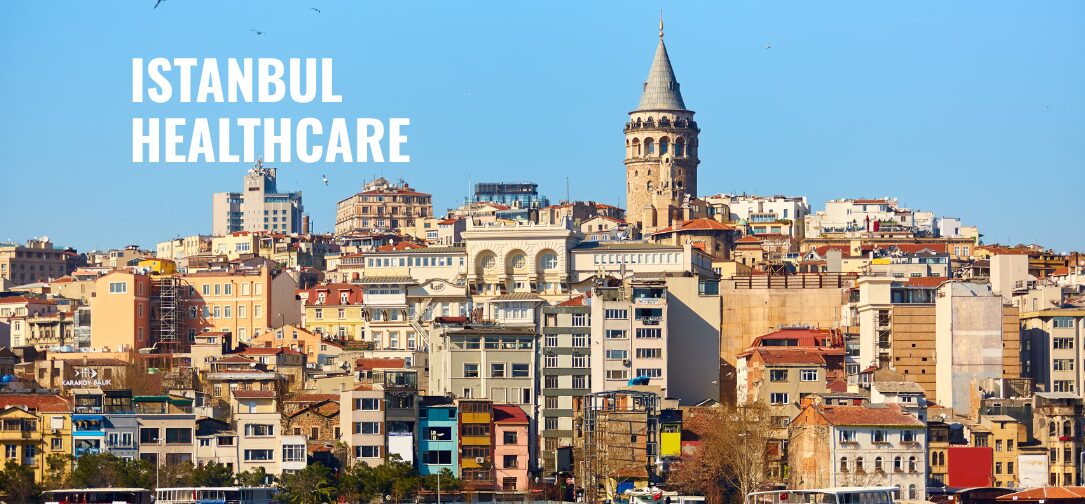Global medical tourism is no longer driven purely by affordability; it’s increasingly shaped by technology, digital infrastructure, and patient-centric models. As fintech continues to influence global healthcare access and delivery, Istanbul has become a case study in how medical tourism and HealthTech can intersect.
A $150 Billion Opportunity in Health-Driven Travel
According to MRFR Analysis, the global medical tourism market was valued at $65.3 billion in 2023 and is projected to reach $150 billion by 2035, growing at a CAGR of 7.17% between 2025 and 2035. This rapid growth is fueled by rising healthcare costs in developed countries, wider international insurance coverage, and the rise of platform-based care models.
Why Turkey Is Leading the Shift
Turkey welcomed over 1.8 million international patients in 2023, with Istanbul emerging as one of the most advanced and affordable destinations for elective care. With over 11,000 hospitals and strong government support for digital infrastructure in healthcare, the country has created a scalable medical tourism system.
Clinics in Istanbul now offer:
- Digital imaging and AI-assisted planning for surgical procedures
- Needle-free anesthesia systems
- Stem cell–supported graft treatments and PRP therapy
- All-inclusive medical tourism packages for international patients
Scaling Tech-Driven Hair Transplants
Hair restoration has become one of the most sought-after procedures among international patients, particularly in Istanbul. Clinics are increasingly integrating technologies such as digital hairline design, needle-free anesthesia, PRP therapy, and stem cell–assisted methods into their standard offerings.
One provider in the space puts it this way:
“We’ve built our workflow around precision and personalization. From hairline design using digital tools to automated graft tracking and PRP optimisation, tech isn’t an add-on here; it’s the foundation of care,” says Murat Alsaç, founder of Estenove, a leading hair transplant provider in Istanbul.
This model reflects a broader trend across Turkey’s private healthcare sector, where digital tools are embedded into every phase of treatment: before, during, and after surgery.
UK Patients Are Driving the Trend
Among the 86.2 million outbound trips made by UK residents in 2023, over 3 million were to Turkey. The country was one of the few destinations to see a rise in UK visitors compared to pre-pandemic levels, with an increase of 910,000 trips since 2019.
While many still travel for leisure, an increasing number now visit Turkey for medical reasons. Long NHS wait times and the high cost of private care in the UK have pushed patients to seek alternatives abroad, especially in areas like hair restoration, dental care, and cosmetic procedures.
A New Frontier for Fintech and Healthcare
For fintech investors and digital health entrepreneurs, Istanbul’s rise signals a deeper shift. The infrastructure built around medical tourism is opening up new categories in:
- Health tourism financing and lending platforms
- Insurance products for cross-border care
- AI-powered patient journey management tools
- Regenerative medicine and biotech partnerships
As more countries explore ways to modernize healthcare access and affordability, Turkey’s HealthTech-led medical tourism model may become a reference point for scalable, cross-border digital care.

































